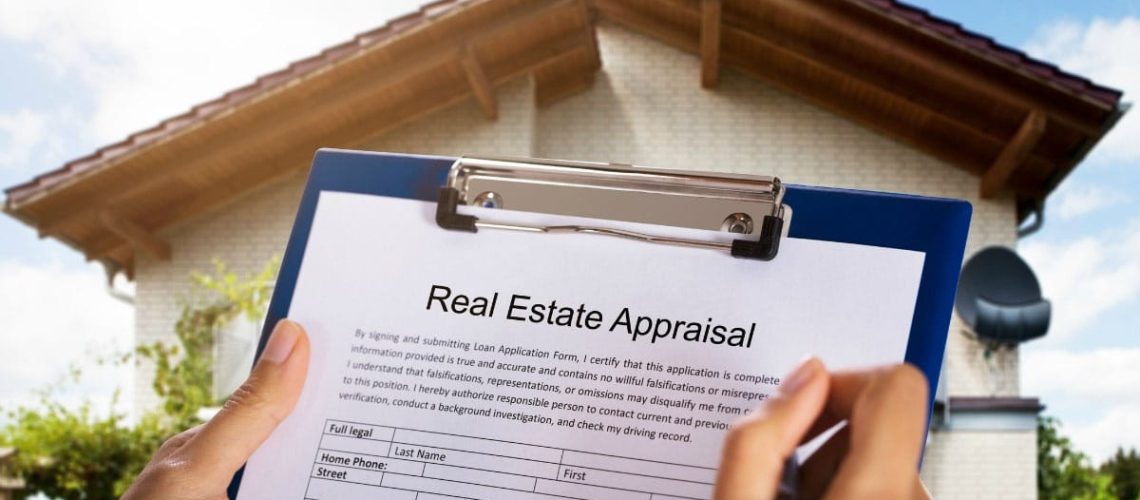When you’re buying a home, it’s important to have a home appraisal to ensure the home is worth the purchase price. An appraiser will come in and look at the property to determine its market value. This is an important step in the home-buying process, and it’s something that you need to prepare for. In this blog post, we’ll go over what home appraisals are, why they’re important, and how you can prepare for them. Stay tuned for more information on this crucial step in the home-buying process!
A home appraisal is a major component when you’re buying a house using a mortgage or when selling your home to anyone. An appraiser is someone paid by the lender, buyer, or homeowner to determine an estimate of the property’s market value.
Why appraisal? This is because your lender needs to be sure the house you’re buying is worth the mortgage amount so if by necessity they have to sell the house in the future, they won’t take a loss.
As a buyer, seller, or owner, there is a need to know how the whole process works and how a home value is determined by home appraisers.
Let’s take a look at what home appraisal is all about including broad explanations of the process involved, and how a real estate appraisal can help you as a buyer.
What is a home appraisal?
This is the process of collecting data to estimate the value for real estate, which is called fair market value. For accurate home value analysis, the appraiser must collect the right data from a reliable source and apply one or more approaches.
The appraisal is important to the buyer or seller because it could prompt a reopening of price negotiation when an appraisal value that comes in is lower or higher than the price agreed upon.
Typically, the appraiser evaluates the conducted research on the property’s interior or exterior (or both as the case may be). The lender needs accurate property appraisal in providing mortgage loans to make sure it isn’t giving out too much money to you the buyer.
A look at the appraisal process
As soon as you and the seller agree on a price, the appraisal process takes place to make room for enough time to schedule property visits and report production.
An appraiser can apply one or more approaches to collect appropriate data on the property’s value. Here are the common approaches.
The cost approach
This determines the value of the cost of building an identical property on another piece of land. But depending on the location, it might be cheaper to build a new property instead of buying an already-made house.
Sales comparison approach
This approach is the most commonly used in real estate appraisal practice in determining a property’s value. This is done by comparing recently sold houses of similar types to the property been appraised to derive a value indication. The value of property differs by area; the value of one property in a particular area may be below but may not be so in a different area.
When it comes to understanding the reasonable adjustment for a particular market area, the appraiser’s experience is extremely important.
Depending on the approach used, the appraiser must get the following data:
Cost of new construction
The expected lifespan for depreciation and value of an improvement
Prices of recently sold similar houses and location at which it was sold
Prices for rent age and predictable expenses of a similar property.
How can an appraisal help you as a buyer?
Though an appraisal is done to satisfy a mortgage lender, it can even be beneficial to you as the buyer. Look at its benefit to you – it can:
Give you more bargaining power, as you can choose to walk away because the home value doesn’t reflect the proposed purchase price. Or, it could give you a chance to renegotiate with the seller.
Help you confirm the value of the property.
The Bottom line
Especially if you’re buying your first home, an understanding of how the appraisal process functions can work in your favor. When everything goes well, the home appraisal is just another way to confirm the property’s value.


